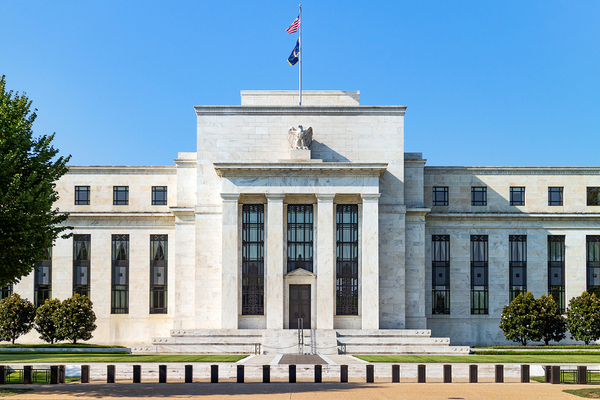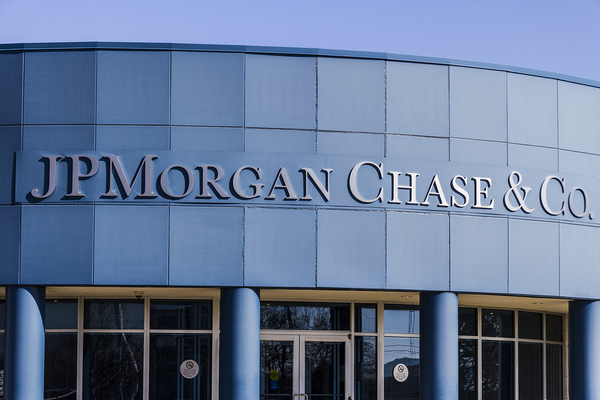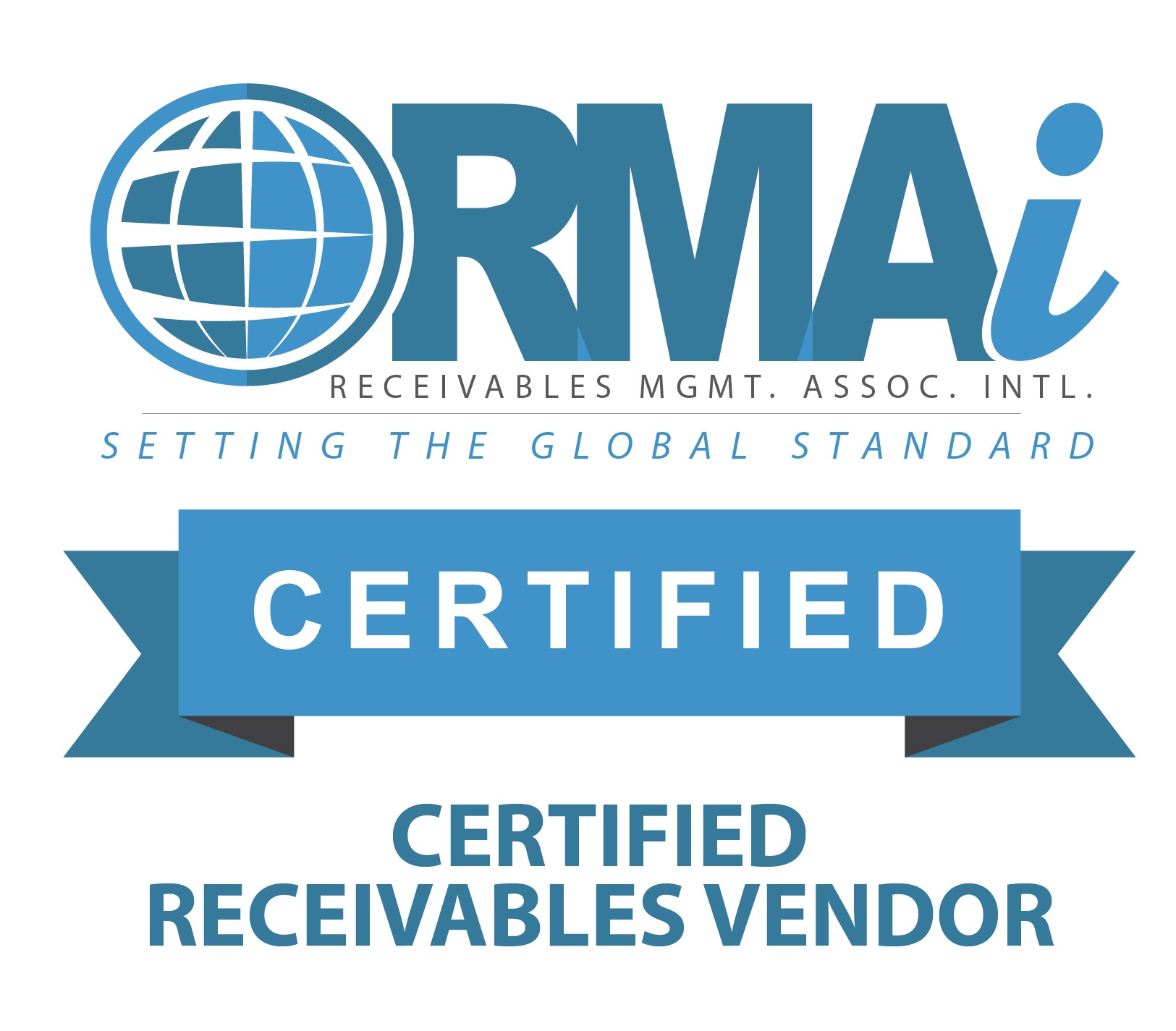View Sale Announcement Detail


Archived news
EXCERPT: The economy is slowing, and bank lending is down, despite lower interest rates by the Federal Reserve. As such, now is the time for credit unions and banks to look at their loan portfolios and sell assets while prices are high.
 Despite rate slashes by the Federal Reserve, consumer spending and lending has not picked up much.
Despite rate slashes by the Federal Reserve, consumer spending and lending has not picked up much.
Some may argue that we are headed for a recession, given some of the recent signs that have surfaced. But a more widespread and accepted notion is that the US is headed for slower economic growth, and not necessarily a recession.
Lending by the biggest banks in the country has lost steam over the third quarter, even though the Federal Reserve slashed interest rates twice in a row in both its July and September meetings. And concerns loom regarding where the economy - and bank lending - will be in the near future.
Biggest US Banks Seeing Largest Dips in Lending
JPMorgan Chase, for instance, the country's largest bank by assets, experienced a $12 billion drop in loans outstanding from July to September compared to the second quarter when lending increased $644 million. While JPMorgan was the only big bank that actually registered a major decrease in lending, all four of the big lenders in the US reported slow loan growth in their quarterly earnings announcements, including Wells Fargo, Bank of America, and Citigroup. That said, these announcements were slightly higher than what investors expected.
Despite the slowdown in loan growth, the economy is still considered to be moving along. JPMorgan's earnings, for example, increased by 8 percent from the same time last year to slightly more than $9 billion, while Bank of America's net income increased 4 percent.
 JPMorgan Chase realized a $12 billion decline in loans outstanding over the third quarter.
JPMorgan Chase realized a $12 billion decline in loans outstanding over the third quarter.
Having said that, there are still some concerns about the dip in lending. Lenders are more apt to rev up borrowing when there is optimism about the economy and a potential increase in business in the near future. Given the dips in lending among the nation's largest banks, many are concerned about what this may be saying about the future of the economy and the health of loan portfolios among American financial institutions.
Consumer Spending Not as Strong as Many Would Expect
With the current job market showing signs of strength and unemployment levels sitting at 50-year lows, many economists expect consumer spending to beef up, which would help to improve economic strength. But such consumer spending increases aren't really as high as economists would like to see.
Retail sales, for instance, were the weakest in over six months, causing some concerns about where things stand in regards to the outlook for the economy in the coming months and years. And recent rate cuts by the Fed don't seem to be having as much of an effect on consumer borrowing as many lenders would have hoped.
Now is the Time For Lenders to Sell Off Weak Assets
The economy may be slowing, causing bank lending to dip, especially among this country's largest banks, despite lower interest rates. Expectations are for a continued slowdown in growth, making now the right time for financial institutions and lenders to take a hard look at their loan portfolios and sell off low-performing assets while prices are still high. And Garnet Capital can help with that.
Register for our online portfolio auction system today.







